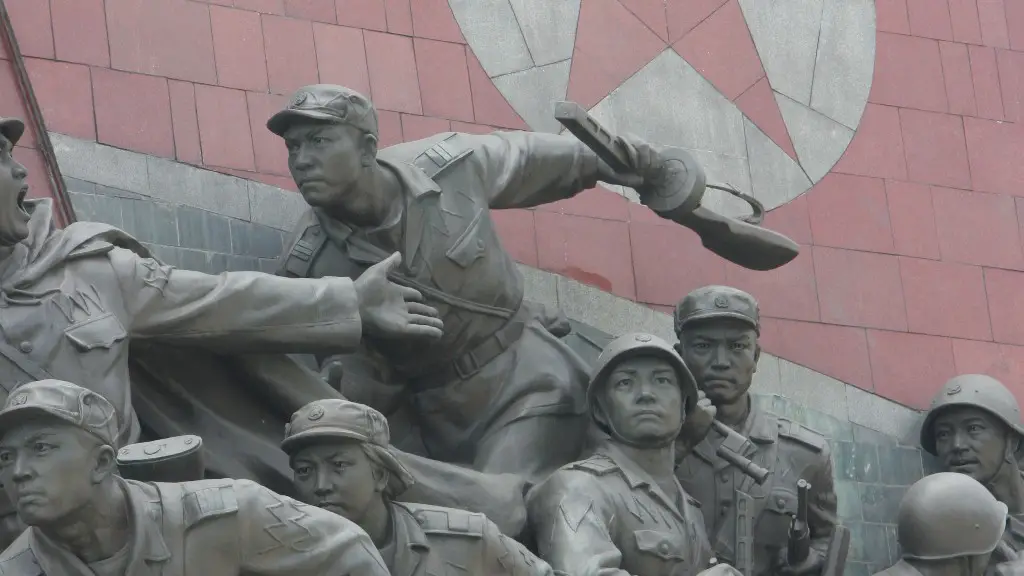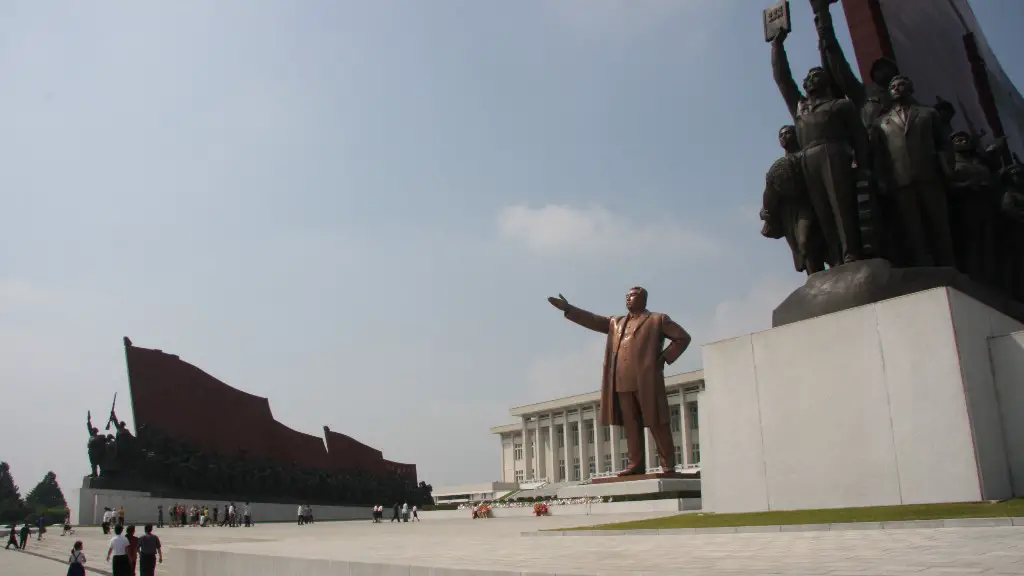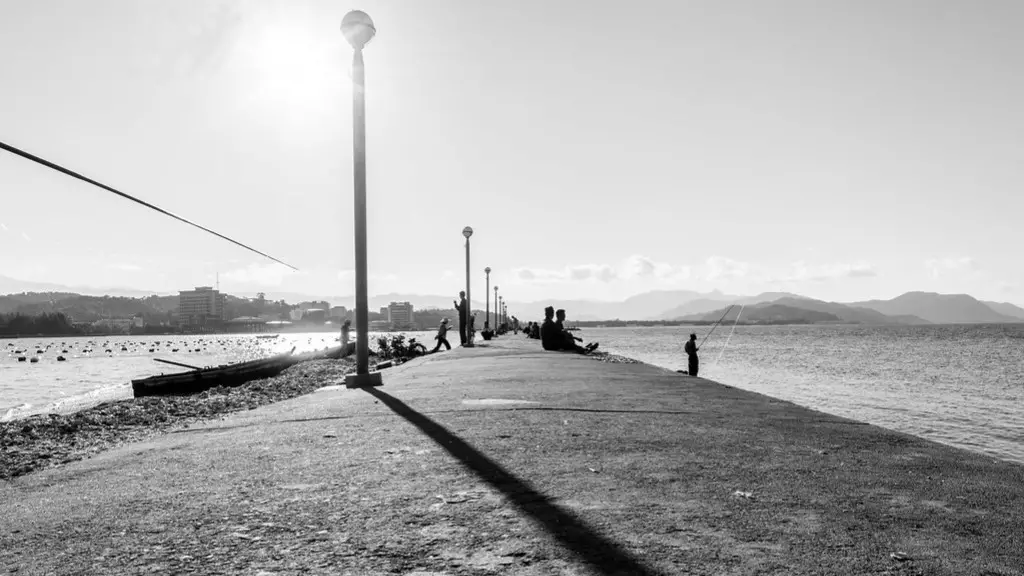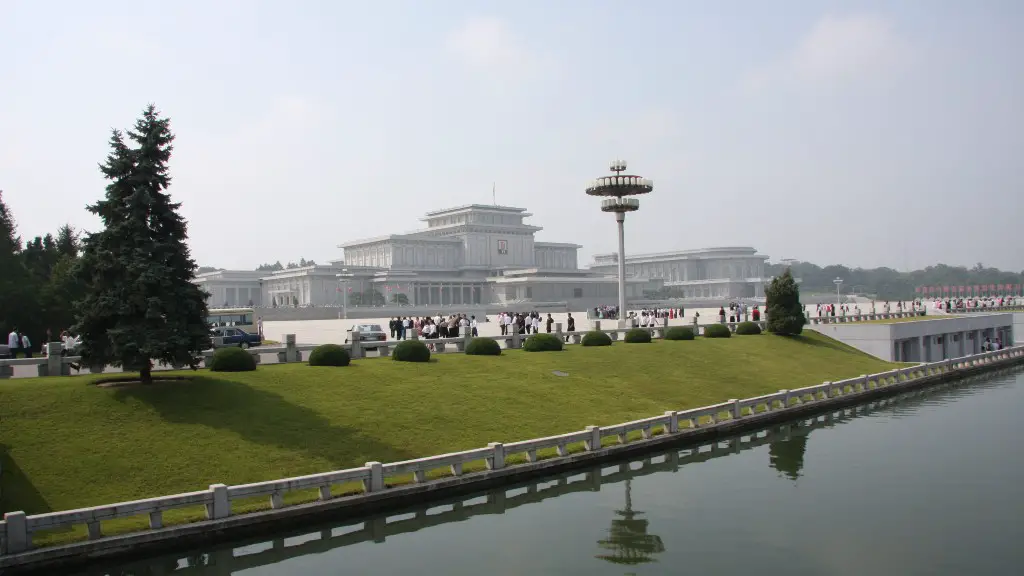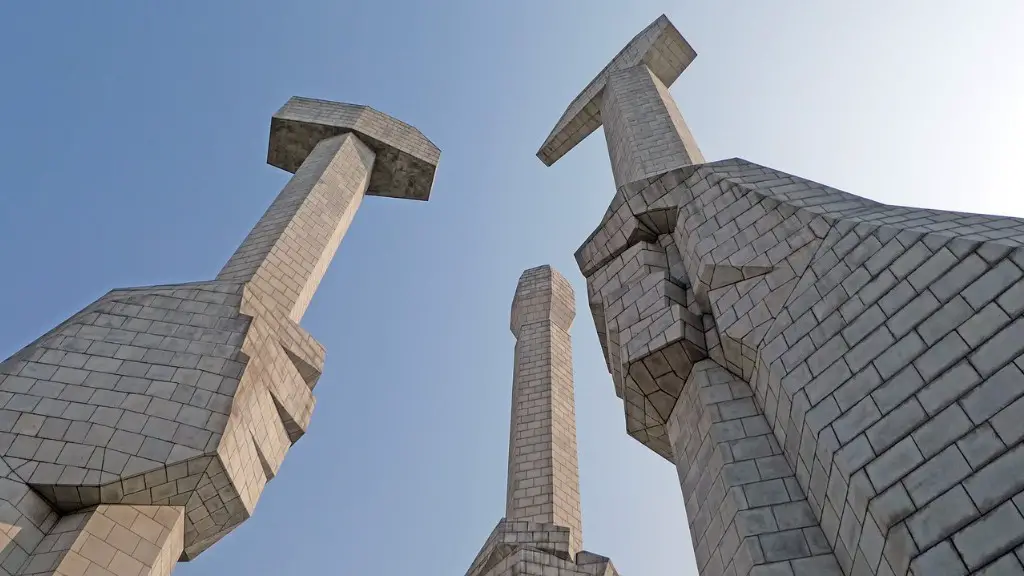Since the Korean War, North Korea has been ruled by the Kim dynasty. The family has maintained a grip on power through a mix of totalitarianism, nationalism, and personality cult. All three elements are on display in the way power is distributed in North Korea.
In North Korea, power is distributed among the different party members of the Workers’ Party of Korea, with the most power concentrated in the hands of the party’s leader, Kim Jong-un.
Who holds the power in North Korea?
The Democratic People’s Republic of Korea (DPRK or North Korea) is an authoritarian state led by the Kim family for 70 years. Shortly after Kim Jong Il’s death in late 2011, his son Kim Jong Un was named marshal of the DPRK and supreme commander of the Korean People’s Army.
Since taking power, Kim Jong Un has continued his father’s policy of using the military to maintain control over the population and has expanded the country’s nuclear and missile programs. The international community has responded to North Korea’s nuclear and missile tests with sanctions, and the UN Security Council has passed several resolutions condemning the DPRK’s actions.
The situation on the Korean peninsula remains tense, and there is a risk of conflict breaking out if North Korea’s nuclear and missile programs are not halted. The United States and South Korea have both said that they are willing to negotiate with the DPRK, but only if it commits to denuclearization.
North Korea is a totalitarian dictatorship with a sham electoral system. The cult of personality around the Kim family is used to legitimize the government and keep the population in line. North Koreans have very little say in how their country is run, and the government controls all aspects of their lives.
Is there freedom in North Korea
The North Korean constitution does guarantee certain freedoms, such as freedom of speech and assembly. However, in practice, other clauses often take precedence. For example, the constitution requires citizens to follow a socialist way of life. This means that people are not really free to choose their own way of life, and that the government has a lot of control over what people can do and say.
The government of North Korea has been accused of many human rights violations. Some of the most significant human rights issues include unlawful or arbitrary killings by the government, forced disappearances by the government, torture and cruel, inhuman, and degrading treatment and punishment by government authorities, harsh and life-threatening prison conditions, including in political prison camps, and arbitrary arrest and detention. There have been many reports of these human rights violations occurring in North Korea, and the international community has urged the North Korean government to address these issues. However, the North Korean government has denied that these human rights violations are taking place, and has instead blamed the victims for their own suffering.
Does North Korea have separation of powers?
The North Korean government is not a democracy, but an authoritarian regime. The Workers’ Party of Korea (WPK) is the only political party allowed in North Korea, and the WPK controls all three branches of government. The North Korean government does not have an independent judiciary, and the WPK controls the judiciary through the Supreme Court. The North Korean government does not have an independent legislature, and the WPK controls the legislature through the Supreme People’s Assembly. The North Korean government does not have an independent administrative branch, and the WPK controls the administrative branch through the Cabinet.
This is a very serious issue, and those who are caught doing this may face some very serious consequences. This is definitely something to be aware of if you are living in a country where this is the case.
How does the government work in North Korea?
The North Korean political system is built on the principle of centralization. The constitution defines North Korea as “a dictatorship of people’s democracy” under the leadership of the Workers’ Party of Korea (WPK), which is given legal supremacy over other political parties. The WPK exercises control over the government and the civil service, and the media is state-controlled. North Korea has been described as a Stalinist state.
If you are traveling to North Korea, it is important to be aware of the country’s strict laws about what you can bring into the country. It is illegal to bring in religious, pornographic or political items. All published material and electronic devices must be declared when you arrive. It is also illegal to knowingly or unknowingly possess items that breach North Korean law.
Why are US citizens not allowed in North Korea
Some U.S. citizens who have traveled to North Korea have been detained for offenses as minor as not having proper documentation. If you choose to travel to North Korea, you should have a detailed plan that includes knowing the locations of the embassies or consulates for the United States and North Korea, should you need assistance.
However, in September of 2017 the US government imposed a ban on American citizens travelling to North Korea as tourists. This ban was put in place due to the increasing tensions between the US and North Korea, and the increasing risk to Americans travelling to North Korea. Americans who still wish to travel to North Korea must obtain a special permit from the US government.
Do North Koreans have Internet?
As of 2022, North Korean citizens will not have access to the global internet. Instead, they will only be able to access Kwangmyong, which is a government-operated intranet system. Global internet access will be limited to a small number of North Korean elites.
Since February 2013, foreigners have been able to access the Internet using the 3G telecommunications network provided by Koryolink. However, permission to access the Internet remains tightly restricted. Nearly all of North Korea’s Internet traffic is routed through China.
What happens to citizens that try to leave North Korea
The North Korean government has been known to harshly punish those who attempt to defect to China. If these individuals are caught, they are often repatriated back to North Korea where they face interrogations, reeducation, and possibly imprisonment or death. This is particularly true for those who are sent to kwalliso or kyohwaso prison camps. Rights groups have long condemned these practices, calling for an end to theose severe punishments.
South Korea’s multi-party system means that there are two dominant parties and numerous third parties. Elections are overseen by the Electoral Branch of the National Election Commission. This ensures that the process is fair and transparent.
What is the legal system in North Korea?
The legal system in North Korea is codified, meaning that there is a set of written rules that governs all aspects of civil law. This system was inherited from colonial Japan, and is similar to the system in place in South Korea. As of December 2015, there were 236 laws and regulations in place in North Korea, half of which relate to economic management. Although the legal system is codified, it is not always followed in practice, and North Koreans have little recourse if they feel that their rights have been violated.
Juche is the political ideology of North Korea, which is based on self-reliance. Any act that goes against this ideology is considered a crime. Therefore, many offences such as grand theft, murder, rape, drug smuggling, treason, espionage, political dissidence, defection, piracy, consumption of media not approved by the government and proselytizing religious beliefs that contradict practiced Juche ideology are all punishable by law in North Korea.
Can you fly to North Korea
There are two ways for foreigners to enter North Korea: by air or by train. Those travelling by air will typically land at Pyongyang International Airport, while those travelling by train will arrive at Pyongyang Railway Station. visas are required for both methods of travel, and can be obtained from the Embassy of the Democratic People’s Republic of Korea in the traveller’s home country.
The North Korean penal system is designed to instill fear and ensure compliance with the regime. Prisoners are subject to brutal and inhumane conditions, including forced labor, starvation, and beatings. Torture is also common, and prisoners are often denied basic necessities such as food and shelter.Those who manage to survive the prisons are often released into a society that is hostile and unyielding, making it difficult to reintegrate into normal life.
Warp Up
In North Korea, power is distributed among the ruling class, the military, and the government bureaucracy. The ruling class includes the North Korean leader, his family, and their supporters. The military is a powerful force in North Korea, and the government bureaucracy is also influential.
In North Korea, power is distributed among a small group of elites. This small group of elites consists of the president, his family, and a few close associates. They control the country’s military, economy, and political system. The rest of the population is kept in check through propaganda, fear, and violence.
